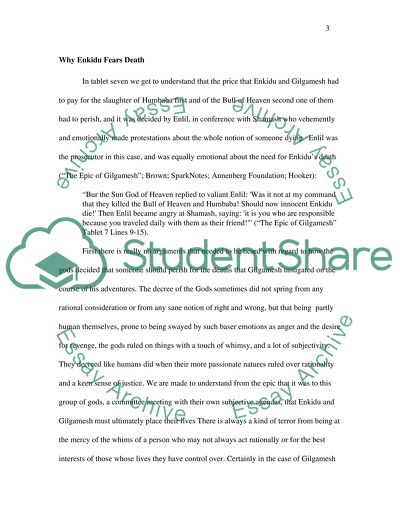Cite this document
(“Essay Question: In the text Epic Of Gilgamesh,why does Enkidu fear Assignment”, n.d.)
Retrieved from https://studentshare.org/religion-and-theology/1487935-essay-question-in-the-text-epic-of-gilgameshwhy
Retrieved from https://studentshare.org/religion-and-theology/1487935-essay-question-in-the-text-epic-of-gilgameshwhy
(Essay Question: In the Text Epic Of Gilgamesh,why Does Enkidu Fear Assignment)
https://studentshare.org/religion-and-theology/1487935-essay-question-in-the-text-epic-of-gilgameshwhy.
https://studentshare.org/religion-and-theology/1487935-essay-question-in-the-text-epic-of-gilgameshwhy.
“Essay Question: In the Text Epic Of Gilgamesh,why Does Enkidu Fear Assignment”, n.d. https://studentshare.org/religion-and-theology/1487935-essay-question-in-the-text-epic-of-gilgameshwhy.


